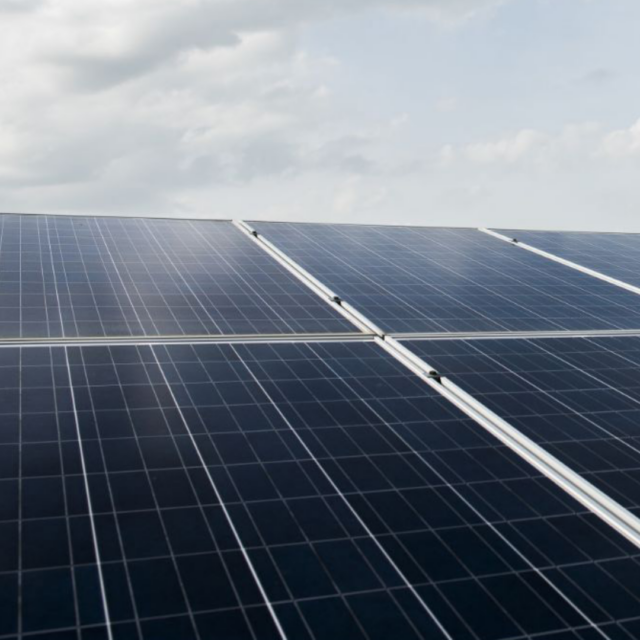Solar energy is an increasingly important part of the UK’s renewable energy landscape. Yet despite its rising popularity, there are numerous myths that can dissuade people from making the switch to this sustainable form of energy. This article aims to dispel some of these common misconceptions to offer a clearer, more accurate picture of what solar energy can truly offer.
One of the most common myths is that the UK’s cloudy and rainy climate makes it unsuitable for solar energy production. In reality, solar panels can still generate electricity even on cloudy days. In fact, they often operate more efficiently in cooler conditions, as excessive heat can reduce their efficiency.
Myth 2: Solar Panels Are Too Expensive
While the initial outlay for solar panels can be considerable, technological advancements have led to a significant decrease in costs over the years. Coupled with the long-term savings on energy bills, solar panels are increasingly becoming a sound investment for the average household.
Myth 3: Solar Panels Require Excessive Maintenance
Contrary to popular belief, solar panels are quite low-maintenance. Most systems only require occasional cleaning and an annual check-up by a certified technician. The durability and longevity of modern solar panels further minimise their overall lifetime cost.
Myth 4: Batteries for Solar Systems Are Inefficient
The misconception that batteries for solar systems are ineffective is often based on outdated information. Modern energy storage solutions have come a long way and are both efficient and reliable. These batteries can store excess solar energy for use during the night or on less sunny days, making a home solar system more versatile and self-reliant.
Myth 5: Solar Panels Will Devalue Your Property
Studies have shown that homes with solar installations are often more desirable and can even increase in value. Reduced utility bills and a smaller carbon footprint make homes with solar systems particularly attractive to environmentally-conscious buyers.
Myth 6: Solar Energy Isn’t Really That Green
Some argue that the energy and resources used to manufacture and install solar panels negate the environmental benefits. However, the carbon footprint of producing and installing solar panels is minimal when compared to the long-term reduction in greenhouse gas emissions.
In Conclusion
Solar energy is a viable and sustainable energy option for UK residents, despite the myths and misconceptions that abound. By debunking these myths, we hope to offer a clearer, better understanding of solar energy, helping households make informed, responsible choices that benefit both their finances and the environment.
